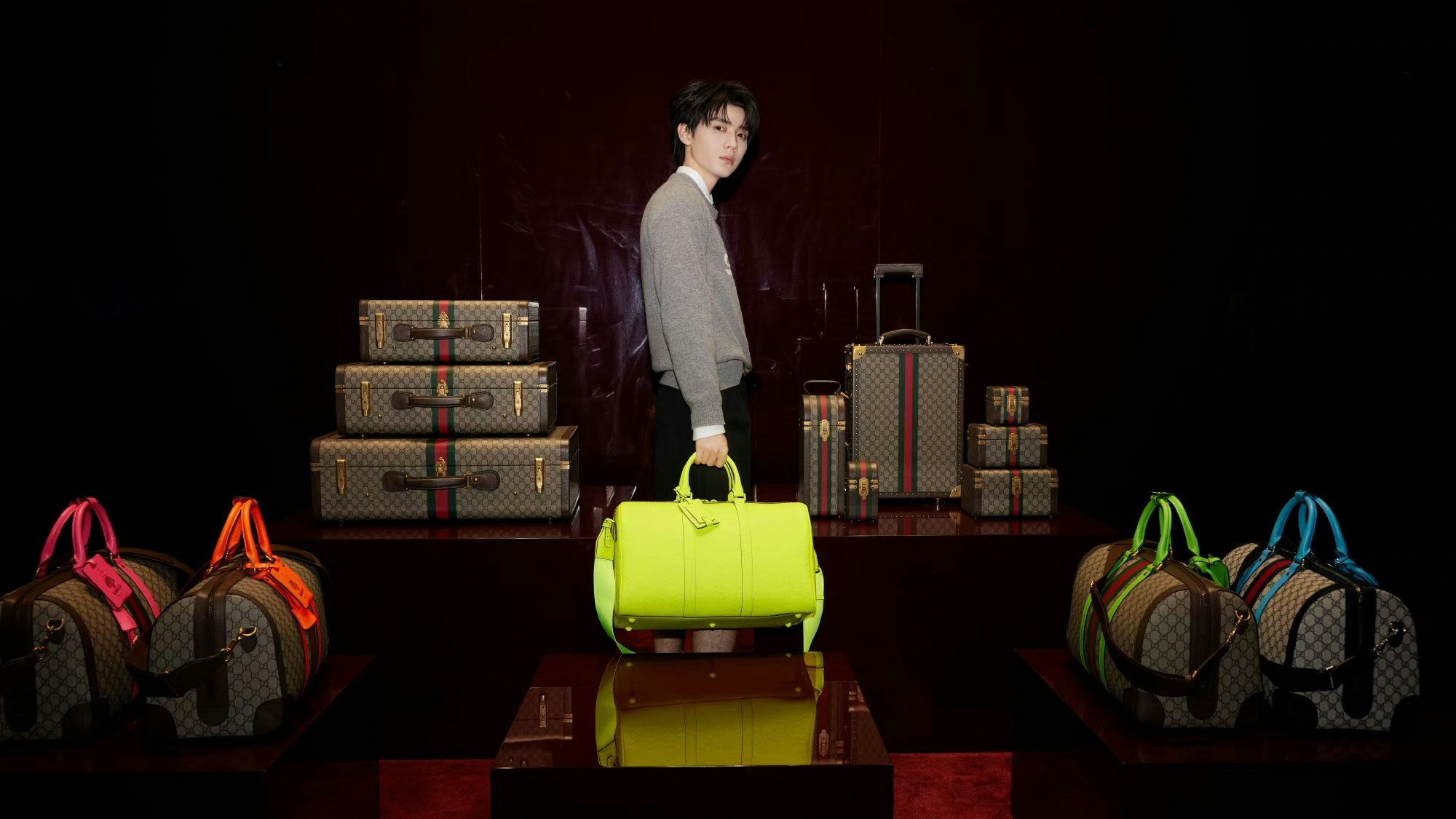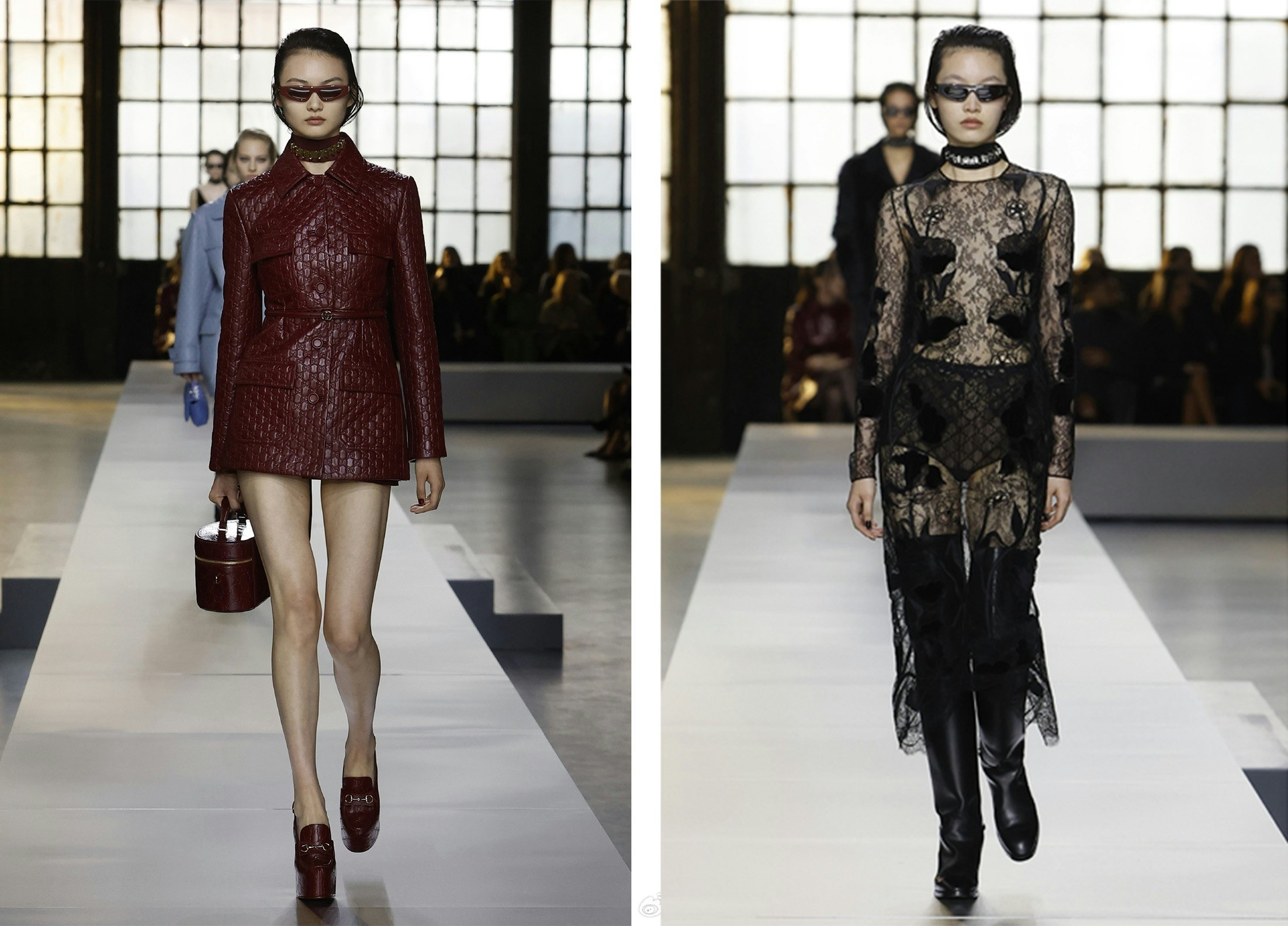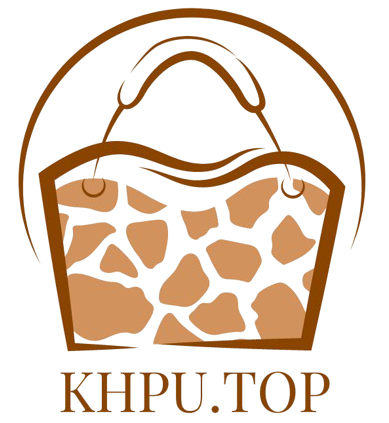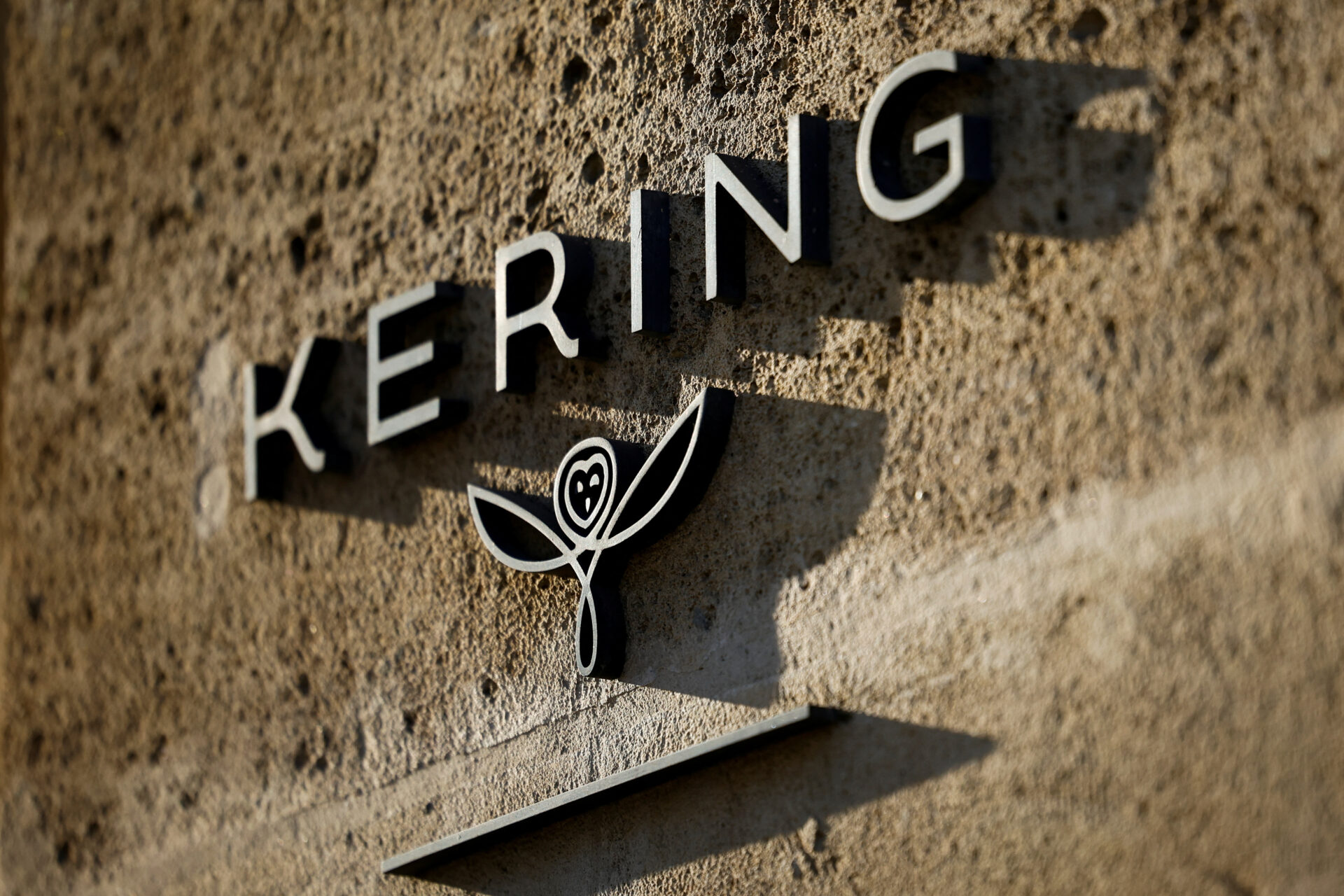After issuing a profit warning last month, it’s unsurprising that Kering reported lackluster results for the first quarter.
Revenue was down 10 percent on a comparable basis to €4.5 billion ($4.8 billion), against a backdrop of normalization across the luxury industry and slowing demand in China.
“Kering’s performance worsened considerably in the first quarter. While we had anticipated a challenging start to the year, sluggish market conditions, notably in China, and the strategic repositioning of certain of our houses, starting with Gucci, exacerbated downward pressures on our topline,” François-Henri Pinault, Chairman and Chief Executive Officer of Kering, said in a statement.
The company’s biggest brand, Gucci, experienced an 18 percent year-over-year decline in revenue on a comparable basis, amounting to €2.1 billion ($2.2 billion). In contrast, Bottega Veneta saw a 2 percent increase on a comparable basis, propelled by double-digit growth in North America, Western Europe, and the Middle East, affirming the success of the brand’s ultra-high-end positioning and its appeal to high-spending clientele.
The Asia Pacific region, accounting for over one-third of Kering’s total revenue, fell 19 percent in sales, while Japan, buoyed by spending from Chinese tourists and the weak yen, was up 16 percent.
Although sales this quarter were disappointing, it should be noted that Gucci still commands a strong presence in China. Not only is it the most relevant luxury brand in Shanghai, according to a recent survey by RTG Consulting, but it is also the second-best luxury performer on Chinese social media after Louis Vuitton, according to Re-Hub, a China luxury consultancy.
In particular, Gucci’s Ancora pop-ups generated excitement for the brand, showcasing Sabato De Sarno’s bold red Spring 2024 collection in Beijing, Shanghai, Chengdu, and Shenzhen. On Weibo, Gucci’s campaign hashtag “Gucci Ancora” has garnered 1.44 billion views and 34 million engagements to date, while “Ancora Red” has amassed 530 million views, fueled by KOL and celebrity endorsements.

“The new Gucci is really attractive,” Chinese fashion stylist Fil Xiaobai posted on Xiaohongshu. “It vividly embodies the craftsmanship of Italian handicrafts. Ordinary people can feel very good wearing it. The key is how you match it and how you express your own style because the new designs are all about returning to the essence of clothing without too much fuss.”
Kering confirmed on the earnings call today that Gucci’s challenges stemmed from a pronounced decline in leather goods rather than ready-to-wear. In fact, new collections, which represent less than 7 percent of sales in the quarter, have been well received since gradually launching in mid-February. Sabato’s new collections are expected to drive 25 percent of sales in Q2.
However, strong products alone are not enough to overcome broader challenges. As Jacob Cooke, CEO of WPIC Marketing + Technologies, tells Jing Daily, “Gucci’s poor performance is partly driven by aspirational consumers tightening their belts and wading into the luxury market by purchasing from secondhand sellers instead.”
Cooke adds that Gucci is also affected by the pronounced shift in China towards quiet luxury. “High-net-worth individuals (HNWI) are splurging on more refined and subtle expressions of luxury, and Gucci is still considered a ‘loud’ brand. Some of the newer Gucci designs that meet these new preferences are performing well but still account for a small percentage of product assortment.”

Jacques Roizen, managing director of Chinese marketing agency Digital Luxury Group, emphasizes the importance of courting high-spending consumers for Gucci’s future.
“Despite having been the most desirable and popular luxury brand in China from 2014 to 2019 and therefore still benefiting from very high brand awareness, in today’s market, Gucci’s success in China will depend on its ability to cultivate very important customers (VICs) and attract new HNWI,” Roizen says. “We are in a new market that requires many luxury brands to adopt a new set of tools and new levers in favor of areas that have historically not been prioritized by many, from clienteling to digital optimization, for example.”
Kering isn’t the only luxury giant struggling in China. Last week, industry titan LVMH reported that sales contracted 6 percent in Asia (excluding Japan), which has contributed to a slowdown in total revenue growth.
Today, Zegna Group reported a 5.3 percent decrease in organic revenue for the first three months compared with Q1 2023. This decline was primarily driven by a 15.3 percent plunge in sales in China, as well as the streamlining of Thom Browne’s wholesale business.
Kering admits that 2024 will not be an easy year, primarily due to issues in China and the strategic realignment of its brands. As a result, the group anticipates a 40 to 45 percent decrease in recurring operating income for the first half of 2024 compared to the same period in 2023.
“Regardless of the environment, we have decided to continue investing in our brands,” said Armelle Poulou, CFO of Kering, on the earnings call. “This being said, while we are ready to take far-reaching initiatives, we will not compromise with the protection and development of our brands for the long term and their ability to rebound, even if it entails short-term pains.”

